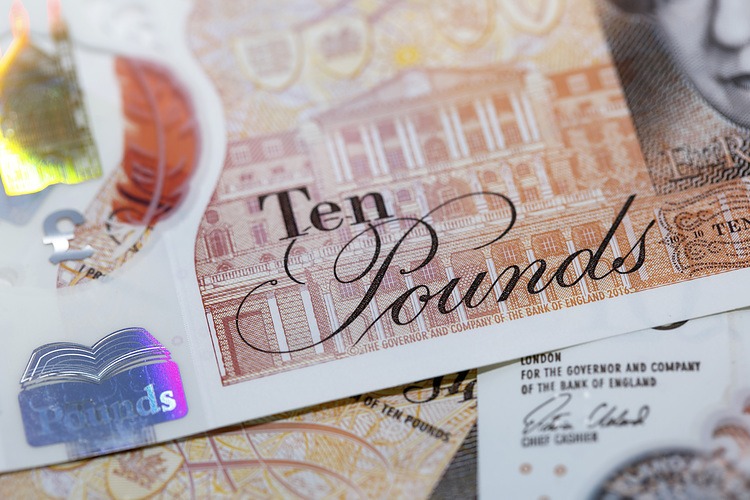The GBP/JPY cross saw a decline during Friday’s Asian trading hours, breaking its four-day winning streak and trading around 191.60. This drop can be attributed to the strengthened Japanese Yen (JPY), which has gained support from recent growth in Japan’s second-quarter GDP. The increased economic growth in Japan raises bets of a further rate hike by the Bank of Japan (BoJ), contributing to the decline in GBP/JPY.
Despite the rise of the JPY, political uncertainty in Japan could lead to volatility in the currency. Japanese Prime Minister Fumio Kishida’s announcement that he will not seek re-election as the leader of the Liberal Democratic Party (LDP) in September adds to the uncertainty in the market. However, positive US Retail Sales data has improved risk sentiment and could boost the risk-sensitive Pound Sterling (GBP), limiting the downside of the GBP/JPY cross.
The Pound Sterling is also supported by positive key economic data from the United Kingdom (UK), including GDP figures. The UK economy expanded as expected in the second quarter, with both quarterly and yearly growth in line with expectations. Traders are anticipating the release of UK Retail Sales data, with expectations for both month-on-month and year-on-year growth in July, potentially reversing previous declines.
The Pound Sterling (GBP) is the official currency of the United Kingdom and the oldest currency in the world, dating back to 886 AD. It is the fourth most traded unit for foreign exchange (FX) globally, with key trading pairs including GBP/USD, GBP/JPY, and EUR/GBP. The value of the Pound Sterling is influenced by the monetary policy decisions of the Bank of England, which aims for price stability through inflation targets.
Monetary policy decisions, data releases, and the Trade Balance are key factors that influence the value of the Pound Sterling. The Bank of England adjusts interest rates to control inflation rates, which can impact the attractiveness of the UK for global investors. Economic indicators such as GDP, PMIs, employment, and the Trade Balance can also impact the direction of GBP, with strong economic data generally strengthening the currency.
Overall, the GBP/JPY cross experienced a decline due to the strengthened Japanese Yen and increased likelihood of a rate hike by the BoJ. However, positive US Retail Sales data and improved risk sentiment could support the Pound Sterling, limiting the downside of the GBP/JPY cross. Traders are closely watching for the release of UK Retail Sales data for July, which is expected to show growth, potentially reversing previous declines and supporting the Pound Sterling.











